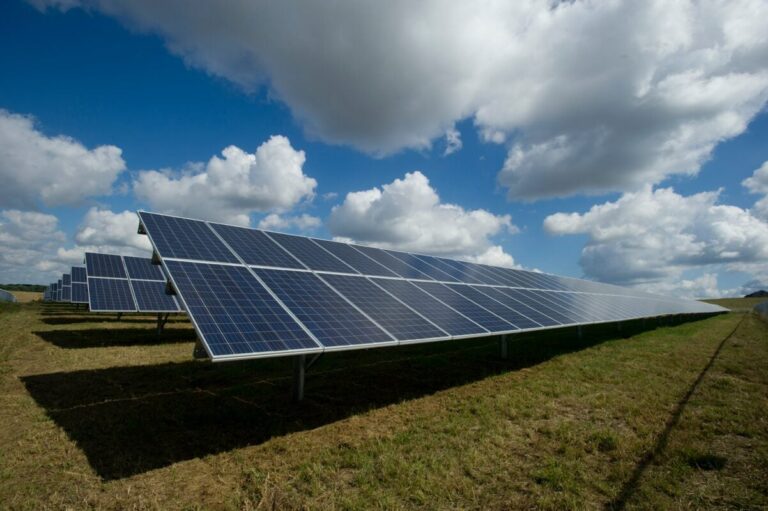South Staffordshire Council has agreed to a 22.5MW solar PV power plant developed by Renewable Connections, a solar and battery developer founded by Armstrong Capital Management.
Renewable Connections submitted the application for Deepmore Solar Farm to the municipality in October 2023.
The site will be in Four Ashes, South Staffordshire and construction will start in 2025. A community fund of more than £45,000 is involved. The £2,000/MW fund will be paid to Brewood and Coven Parish Council once the solar farm is powered, with a further £2,000/year indexed contribution to Staffordshire Wildlife Trust and £1,000/year indexed to a local registered charity.
Philip Hale, Chief Operations Officer at Renewable Connections said: “Since the 2019 climate change emergency, South Staffordshire Council has reduced their carbon emissions by 43% and has been hailed as a net zero leader. The approval of this project, which will provide carbon-neutral renewable energy to almost 8,000 households, underlines the Council’s continued commitment to this important issue..”
The project will also deliver landscape, ecological and biodiversity benefits. South Staffordshire Council’s approval marks the developer’s 21stst project permit since 2021; most recently, a 43.7MW solar farm and 10MW battery energy storage system were approved by North East Lincolnshire Council.
The developer emphasizes the community consultation phase of a project, with Hale saying: “Deepmore Solar Farm has been well received within the local community and we were very pleased with the positive feedback during the extensive consultation process.”
Trade association Solar Energy UK recently published a report Guidance for good community engagement practices report intended to help solar developers build good relationships with local communities.
Labor Party accelerates solar energy development in Britain
The industry welcomed Ed Miliband as Secretary of State for Energy Security and Net Zero when the Labor Party came to power, with green policies a key focus. Within his first few days in power, he lifted the de facto ban on onshore wind energy and granted development permits for three major solar-based projects – two of which had been postponed by his predecessor – with combined generating capacity of 1.3 GW.
However, more needs to be done. A recent report from Cornwall Insight predicts that solar and wind will account for 44% of the UK’s electricity generation, well below the 67% that modelers say is needed for a zero-carbon electricity system.
Projections show that an increase in solar energy generation capacity of 55 GW is required for a carbon-free electricity system; projections for 2030 see it reaching 45 GW.


